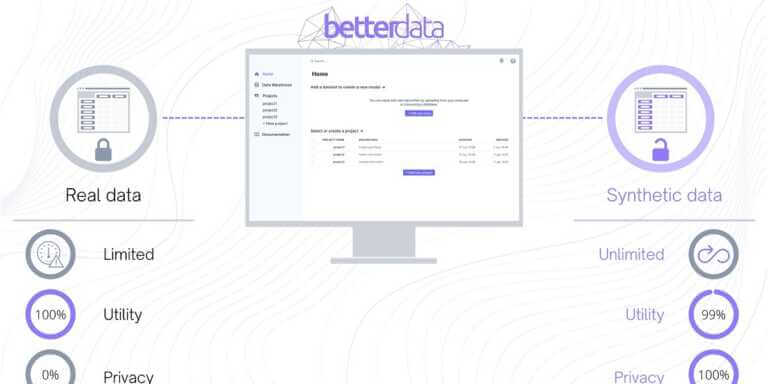
BLOG
economic downturn and startup term sheets

share:
The global economic downturn has inevitably hit the startup and venture capital ecosystem. Investors in startups, like everyone else, are impacted by falling stock prices and fund valuations, distracted from investing new money and busy supporting existing portfolio companies. These factors make it harder for startups to raise money right now.
But for those startups that are still raising money, what is the approach of investors? Is the VC term sheet about undergo a change?
valuations
Startup valuations are falling. For those companies that have raised a previous round of financing, founders will want to avoid a down round – a fundraising in which a company issues shares at a lower price than the previous investment round – at all costs, as doing so may trigger investors’ anti-dilution rights. If anti-dilution rights are triggered, founders could face significant further dilution.
If company cash is low, existing investors may need to support a new financing. If so, founders will need to negotiate hard with both new and existing investors. Anti-dilution rights can be fully or partially waived on a fundraising at the end of the day. If anti-dilution rights are triggered, founders may then need to ensure that they remain sufficiently incentivised following the dilution, for example via an increased portion of the company’s ESOP.
extension rounds and convertible notes
Extension rounds at the same price as the last financing round may be an alternative to a down round. With no increase in valuation, startups will want to classify such investments as a bridge or extension. Therefore, expect to see investment rounds using preference share class terminology such as series A2, series B+, pre-series A or similar.
We also anticipate more convertible notes will be used in the market. This not only avoids initial dilution but pushes the whole difficult discussion on current valuation to another day. This, of course, also has its disadvantages. To some extent, founders are just kicking the valuation debate down the road and it will still have to be addressed at some point. In the current market, it also seems inevitable that SAFEs will be less common than traditional convertible notes carrying repayment obligations. We also expect investors to be more aggressive on setting lower valuation caps and fluctuating price discounts depending on the timing of conversion into equity.
tranched investments
Now is the time to get money into the business to give it runway for a decent period of time. Tranched investments conditional on financial performance are best avoided by startups at the best of times. Right now, it is very difficult to forecast traction and performance over the next 12-18 months. Unfortunately, given the uncertain economic environment, investors may well think the opposite and insist on structuring investments in tranches subject to KPIs.
warrants
Warrants, which provide an option to purchase more shares at a future date at a fixed price, may also be a tool for investors to use in the current environment. The exercise price of such warrants is key – the lower the price, the more potential dilution. If warrants are issued and/or exercisable down the line, based on company performance, the true share price of the financing round may be considerably less than initially agreed.
redemption / buy-back rights
Investors sometimes include redemption or buy-back rights which entitle them to their money back in certain circumstances. Usually this is where there is some kind of event of default by the company or its founders.
However in difficult times, investors tend to broaden the circumstances in which such redemption or buy-back rights can be enforced (e.g. financial performance deteriorates or being unable to satisfy a key commercial arrangement or deliverable). In this uncertain economic period, investors may look to de-risk transactions even further using such a mechanism. Founders should be cautious about agreeing to any broad redemption or buy-back rights triggered by anything other than a material breach or default.
liquidation preference
Liquidation preferences provide investors with downside protection if a company is either sold or wound up. In such an event, investors are entitled to receive an agreed amount of the proceeds before anything is paid to other shareholders. During the good times, founders and startups have become accustomed to 1x non-participating liquidation preference in most cases – a generally accepted VC market standard. With stormy clouds above, we can expect that to change, with liquidation preference carrying higher multiples, and also participating preferences returning.
Further, for companies that have raised previous rounds of investment, incoming investors are more likely to seek a senior class of shares, than rank alongside existing preference shareholders, which is common in normal market conditions.
exit rights
Exit rights give investors a way to sell their shares if the company hasn’t got to a liquidity event (e.g. a trade sale or IPO) within a set period. We may see shorter time periods before these rights kick in. The remedies provided to investors vary, but we could see more instances of the following:
- a right to require the company to buy-back investors’ shares at a specified price (for example, based on fair market value)
- investors having the option to reconstitute the board giving them greater voting control
- an obligation on the board to engage an investment banker to find a buyer, coupled with a drag-along right so that shareholders (including founders) can be forced to sell at a price determined by investors
venture debt
Finally, venture debt is likely to become a more important source of financing in the short term, in most cases complementing an equity financing. As an alternative capital raising option for high growth companies, venture debt is a good option for entrepreneurs looking to extend their runway, using an instrument that results in less dilution.
round up
Right now VC firms and other investors will be taking a closer look at downside protection in their term sheets. Of course, not all investors are predatory, nor will the majority take advantage of the difficult economic climate to seek further influence in startups. But now is certainly the time for founders to reach out to lawyers at the term sheet stage to understand what is, and what isn’t, market standard, and how this may be changing.
explore our other blog posts

